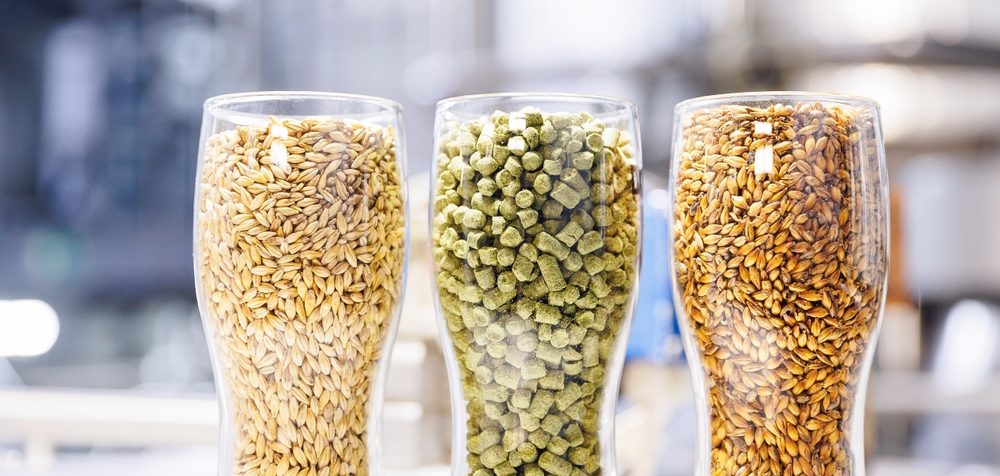
A team from Friedrich Schiller University Jena in Germany are working with partners from Spain to test brewer’s spent grain as a bio-source for the production of materials for electrochemical energy storage systems. They were able to create both carbon to be used as an electrode in batteries, and activated carbon, which is used as an electrode material for supercapacitors. Currently, most activated carbon for supercapacitors is primarily obtained from coconut shells.
Their method is able to produce carbonaceous materials suitable for storage applications. The process maximizes the surface area and optimizes the pore size of the materials. When used as an electrode in supercapacitors, the carbons produced guarantee very high capacitance and make it possible to produce a device with high energy density.
“For some years now, we’ve been researching the suitability of different biological raw materials for realizing carbon-containing materials that we use to create energy storage devices,” said Prof. Andrea Balducci from the University of Jena. “And brewery waste meets important criteria for this: its chemical composition is, in principle, very suitable for the applications we’re targeting.”
Brewer’s spent grains are readily available. In the European Union, approximately 6.8 million tonnes were produced in 2019, 1.5 million tonnes of which were in Germany alone. Also, as breweries are well distributed around the country, the waste is readily available.
“This type of waste could be an interesting option for producing materials for supercapacitors if certain factors can be further optimized, such as the cost or the chemical composition of the raw material,” said Balducci. “We’ll work in further projects to better understand the advantages and limitations of using this abundant material so that it might then be used more widely in the production of sustainable energy storage.”
